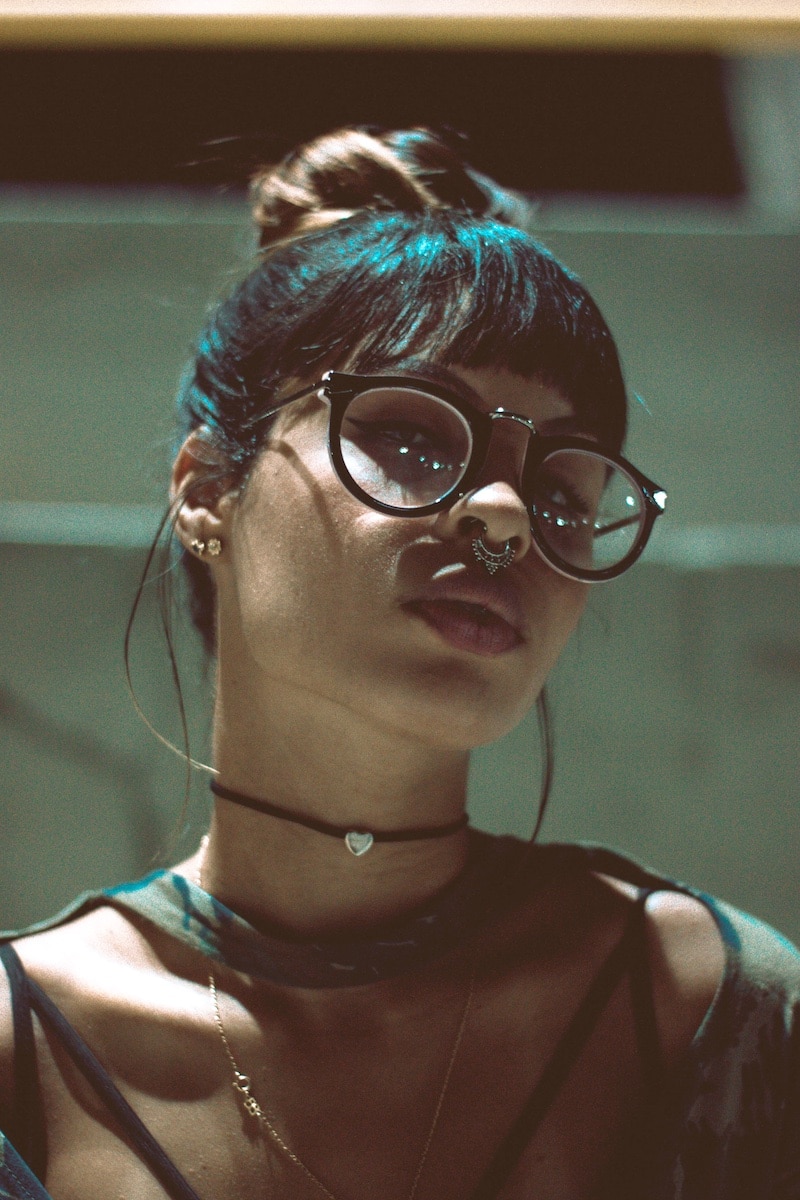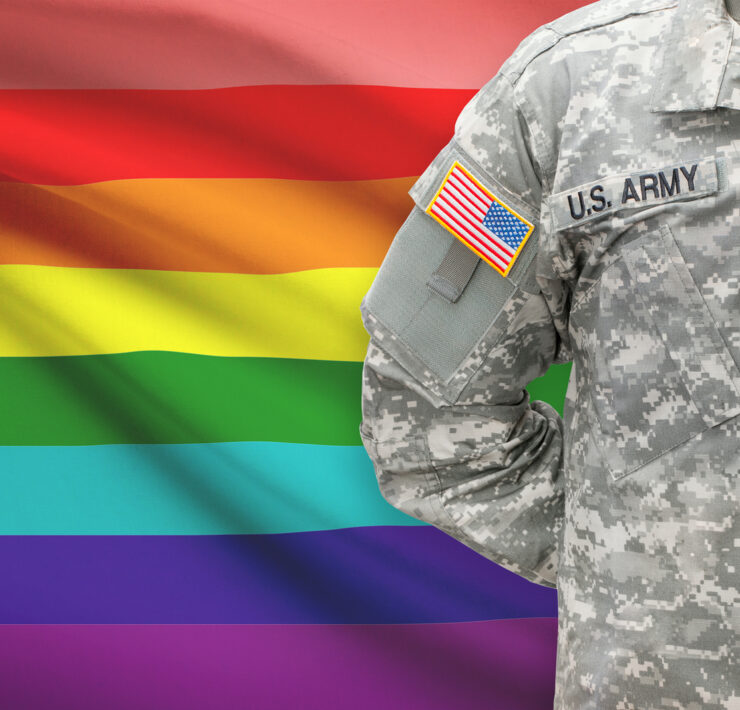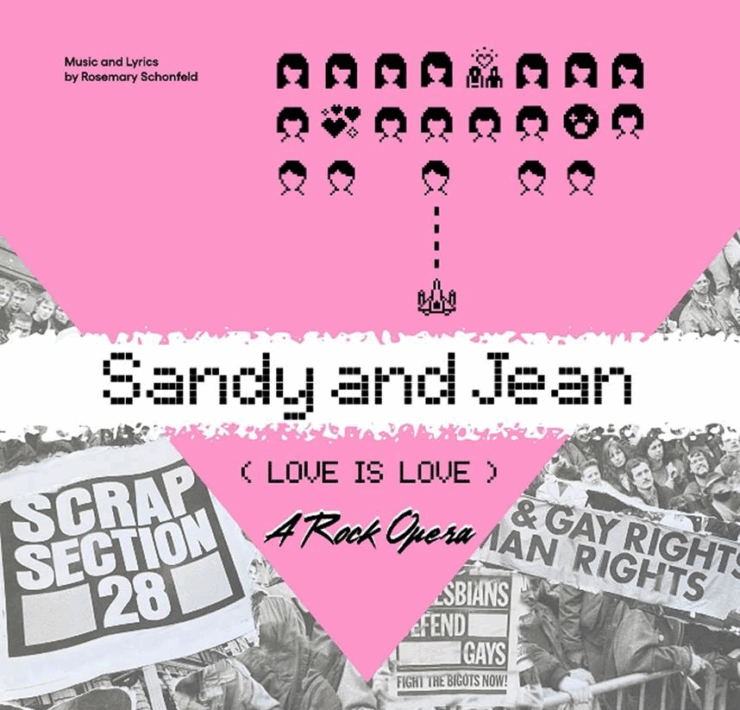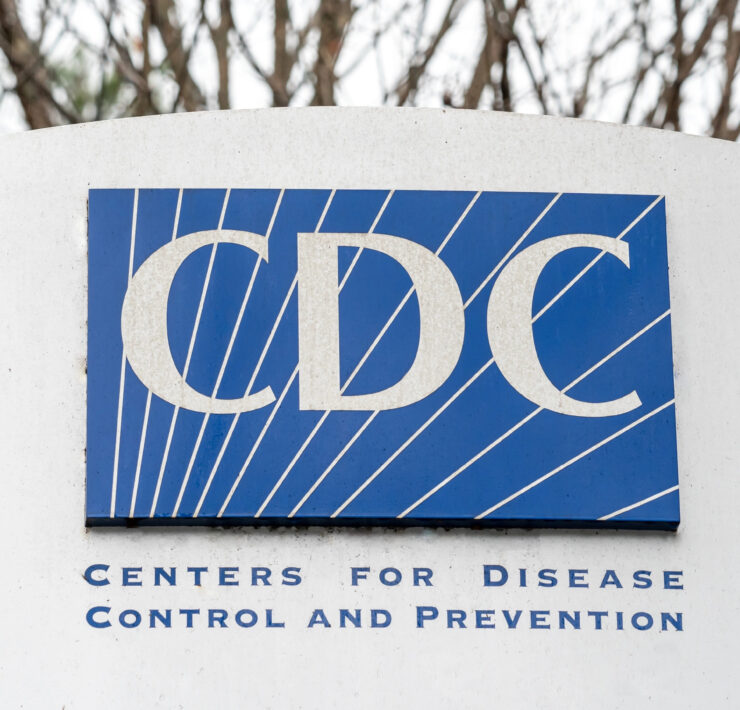OFM Mods: Queering the Body

Keegan (they/them) is a journalist/artist based in Los Angeles.
I was on a Zoom call recently with my boss and found myself a little shocked when she spilled she didn’t have a single piercing or tattoo. Part of me was beaming a little, having been someone with alternative presentation and embracing body modification for 15 years and counting.
Many documented body modifications from centuries past have adjacent purposes of how we see the practice utilized today—it was a way to show where you were from, to tell your story as an individual, the stories of your life. Obviously, all kinds of people embrace body modification today, but some of those original intentions behind body modification marry themselves to queerness, as a way to visibly show the world, “Hey, I made this alteration to my body, and I’m better for being able to live in it.”
I think about the painfully heteronormative and whitewashed, arbitrary list of what has often been deemed “professional” in the working world. Something far less permanent than a tattoo, like an eccentric, well-groomed hairstyle or a small nose stud, was and still is enough for many companies to send a prospective employee hiking.
With professional millennials, a necessary shift is taking place, and many companies are finding that they are unable to keep these restrictive boundaries in place if they actually want a variety of capable, young people on their team. The kids who were stretching their ears with $12 Hot Topic tapers fresh after buying them at the mall are now in their late 20s and 30s, and many are still heavily modified, and queer.
I got my ear pierced at Claire’s when I was 11. I remember having the “left is right and right is wrong” mantra in my head at the time. Unbeknownst to me, there were queer men in the 50s and 60s doing this very thing when no man dared have any ear adornments whatsoever, solely to say and live in, “Hey, I’m not straight. I’m not you.”
Related article: The Wolf Den Custom Tattoo Studio and Gallery
I embraced body modification and alternative culture right before I started to figure out I was queer. In the clothes I wore, the hair colors and styles I tried, the piercings I soon gravitated toward—I was unsure of who exactly I was, but looking around my middle school and seeing a lot of what I knew I wasn’t. By high school, I found my crew—a ton of emo misfits (who almost entirely came out as queer and/or trans by adulthood). By looking at our jewelry-adorned ears and faces, wacky hair, and outward appearance, it was clear we were something “other” than the all-American teens you saw in the halls. And that’s the way it was supposed to be.
I wonder often what my folks from 2006 would think seeing me now. “You’ll grow out of it” echoes in my head, as I’m currently rocking 10mm stretched conch piercings in the middle cartilage of my ears (surrounded by a collection of others), heavily tattooed legs, arms, and hands, and a split tongue, with a laundry list of future plans.
As I started to cover my limbs in more ink, I became increasingly more comfortable with my body and confident in myself. Any person, any gender or sexuality—get a tattoo, a piercing, a new hair color, and you generally feel excited it is now a part of your body.
By my mid-20s, my queerness and love for tattooing specifically felt more “married” than they were before. As a masculine-presenting person, I specifically leaned toward more delicate concepts for of my most visible tattoos—to an artist with a very cutesy, femme style to tattoo my left hand, adorned with a heart-shaped jewel and abundant sparkles, and busting out four, dainty hearts over the knuckles of my right hand. Two, simply drawn flowers adorn my kneecaps with happy and frowning faces. It’s helped me to embrace my queerness and gender identity in a way I hadn’t before.
Related article: Heinzesight- Body Image Woes
I’ve said recently, in slight jest, “If I leave my house, and you can’t see I’m visibly queer, then I’m doing something wrong.” Having a set of piercings on my ears I’ve had now for ranging from five to 11 years, now-plentiful tattoos pushing a decade, along with my increasingly pastel and gender-neutral clothing selection, have been surprising windows into exploring my identity.
In my experience, this passion for body mods can be misunderstood within the LGBTQ community, specifically among the gay men I’ve interacted with in digital spaces (many notoriously based on appearance, I’ll give them that). I’ve made the joke on my Grindr bio once, “I like my tattoos, too! Tell me something else,” not as a condescending inability to take compliments, but feeling like so often, people online seemed more interested in my tattoo-covered body than the person it belongs to.

Sometimes, it feels like people are more attracted or interested in the tattoos than the entire picture, and while I think my tattoos are sexy, maybe I’m sexy. Also, no one likes feeling fetshized. One of my friends even reached out after I split my tongue, joking, “You’re about to be a sex god!” with me gently rebuking, “Haha, maybe, but it was body-affirming; I didn’t do it for that reason.”
As yet another generation of very modified, very queer people forge the path into adulthood, I see body modification among all people as something that will continue to be more integrated into everyday society. From something like a hair color change to even a shift in wardrobe, or surgical procedures, modifying the body and the way you appear in the world is part of the modern-day, queer experience. I love that, when I’m in shorts and a T-shirt, there is so much you can inherently learn about me just by looking at my outward appearance.
And, while this longstanding tradition acts as an amazing tool for self-identity and personal storytelling, I long for the day when strangers will walk around one another, adorning zero or plentiful body modifications, all and no genders and varying presentations, with nothing more said about it. In the meantime, I’m happy to live in a time where we are more easily about to forge those paths and make these journeys in identity for ourselves.
What's Your Reaction?
Keegan (they/them) is a journalist/artist based in Los Angeles.










